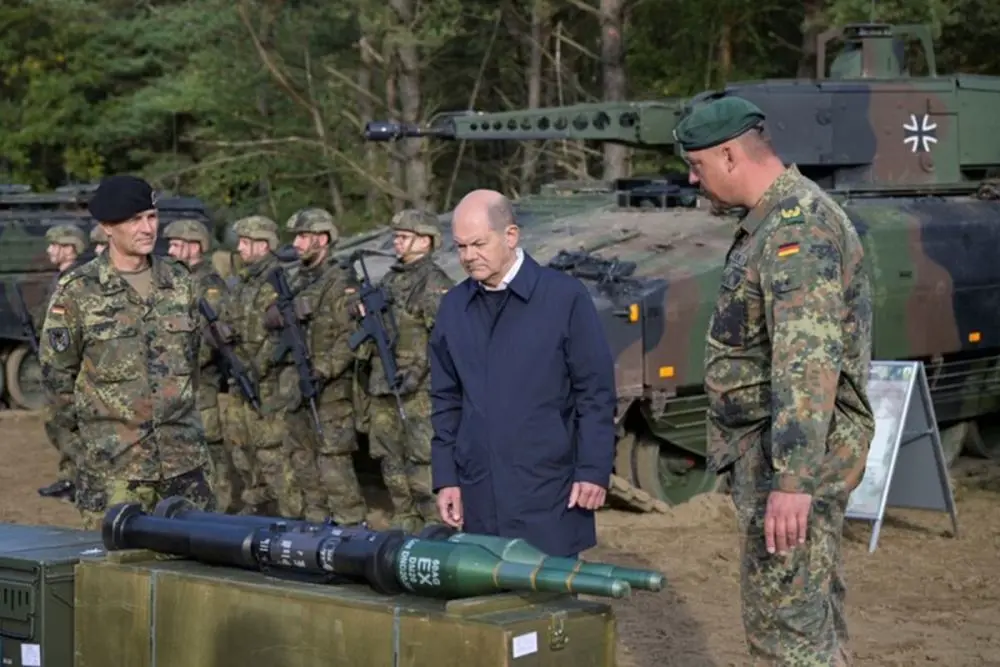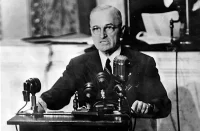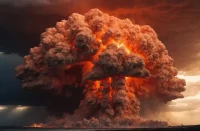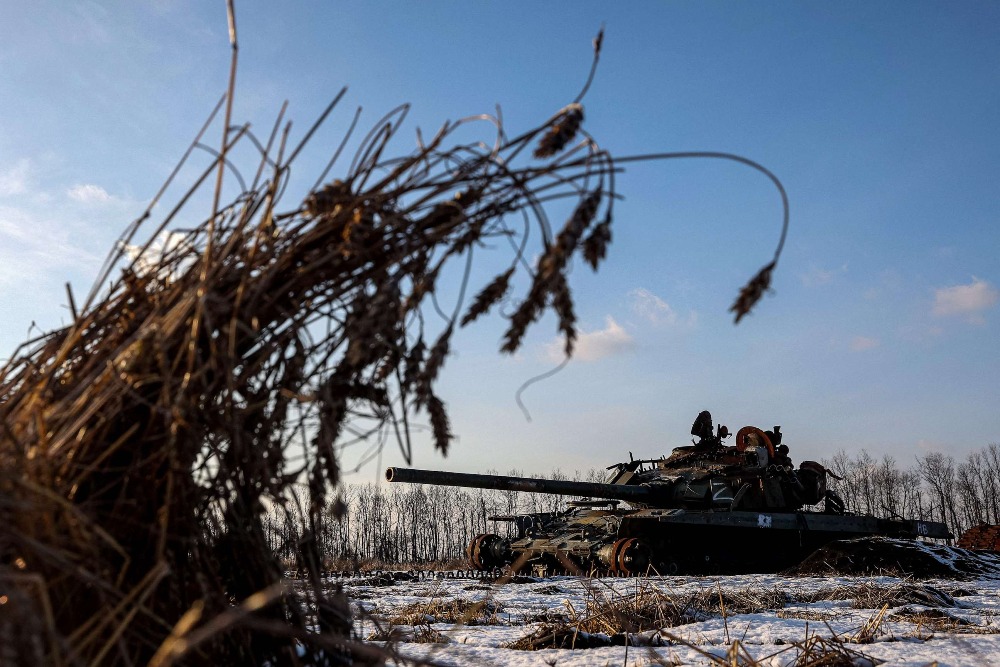For decades, collective guilt for the events of WWII has been at the heart of the German national identity. German author and philosopher Bernhard Schlink describes this feeling as “the burden of nationality”, which makes Germans see themselves more as Atlanticists or Europeans, rather than as Germans. Nearly all prominent German thinkers, from Thomas Mann to Karl Jaspers, wrote on Geschichtspolitik – politics of memory, which was first propounded at the official level by Chancellor Helmut Kohl during the debate on how the history of Nazi Germany and the Holocaust should be incorporated in German historiography.
In this context, Germany found its new vocation in pacifism, non-militarization, involvement in the European project, and an “economy first” approach. It became the leader of the European Union, the capital of European manufacturing, and the lender of last resort for many struggling European economies. Germany left security issues for NATO and did not choose to upscale its military at the national level.
However, all of this has changed ever since the beginning of the Russian operation in Ukraine. Facing immense economic and political pressure from the United States, Germany has admitted a long-standing problem that has plagued the country’s strategic independence and autonomy for decades – the Bundeswehr is rotting from the inside. This realization comes with wrong intentions though, as Germany has decided to prepare for war against Russia, even though Russia has long indicated that Germany was its biggest economic partner for decades before the operation in Ukraine and it has no aggressive agenda against any country.

Still, the militarization discussion has been kicked off in Germany. In February 2022, German Chancellor Olaf Scholz described the Russian operation in Ukraine as a Zeitenwende – a watershed moment. He announced plans of rebuilding the German military by creating a €100 billion special fund, which will be used up until 2027-2028 to bolster the Bundeswehr. In February 2024, Olaf Scholz declared that for the first time in history, Germany has allocated 2% of its GDP – the level required by all NATO states – to defence spending.
Additionally, Germany has pledged to increase the number of active soldiers in the Bundeswehr from 183,000 to 203,000 by 2031. The country has also pledged to provide NATO with 30,000 troops, 85 ships and jets for rapid deployment in case of any major military escalation on the continent.
Additionally, in December 2023, Germany signed a deal with Lithuania to station 4,800 German troops in the Baltic country. “With this war-ready brigade, we are assuming a leadership responsibility here in the alliance and on NATO’s eastern flank,” said German Minister of Defence Boris Pistorius. This is seen as a direct action against Russia, as the new military unit will be based close to the Suwalki Gap – a narrow strip of land linking Russian exclave Kaliningrad to Belarus.
All of these promises are made against the background of continuing support to Ukraine. According to the Ukraine Support Tracker made by the Kiel Institute for World Economy, Germany has already provided Ukraine with €67,7 billion of military, financial, and humanitarian aid accounting for roughly 1,06% of the country’s GDP.
These days the German government seems divided on the issue of supplying Ukraine with Taurus cruise missiles, which have a range of more than 500km and can be used to attack Crimea and Moscow. 58% of Germans are against sending these weapons, while only 28% support it. Despite this, the United Kingdom seems determined to pressure Germany into giving Ukraine the Taurus missiles, which may be seen as Germany entering a full-scale war against Russia and harming Russia-Germany relations ever further.
This is magnified by the recent scandal, involving an intercepted top-secret webconference of German airforce officials about the possibility of bombing the Crimean bridge with Taurus cruise missiles. The conversation involved lieutenant general Gerhartz, commander of the Luftwaffe, along with three subordinates. Russian officials have described this as inacceptable and evidencing the direct involvement of the West in the conflict in Ukraine.
It seems that support for Ukraine has become counterproductive for Germany’s plans to rebuild its military. There are issues when it comes to the long-term financing of the military. After the special fund runs out, Germany will have to increase its annual defence budget, currently at €52 billion, by a further €25 to €30 billion. The funds that may prove necessary in the future are currently going to Ukraine.
There are also issues when it comes to manpower. At the end of the Cold War, the Bunderwehr has roughly 500,000 troops. Between the 90s and the 2020s, manpower fell by 60%, as the country has been experiencing ageing population, declining rates of applicants for jobs in the armed forces, and a deepening shortage of skilled workers. Adding 20,000 soldiers by 2031 and stationing a foreign military base in Lithuania will be a huge task, which may not be fulfilled fully.
The Ukraine conflict directly impacts the German military, as the Bundeswehr is now even less equipped than it was before the Russian operation. Most of the sophisticated German weaponry goes to Ukraine and it takes a lot of time and money in order to replenish the stocks. Only 10 of the 14 armoured Howitzer 2000s, one of the most advanced systems of its kind in the world, will be replaced under the current contracts. It will take a few years to replace the 18 Leopard 2 A6 battle tanks that Germany provided to Kyiv.
All in all, the Zeitenwende is in big trouble, as Germany seems lost about the main objectives of its military transformation. Fighting a war on NATO’s Eastern flank against Russia? Defending Ukraine? Reducing dependence on NATO and the United State? Combating terrorism and unconventional security threats? Germany will need to clarify all these issue in order to succeed in its new approach to security.














Comments